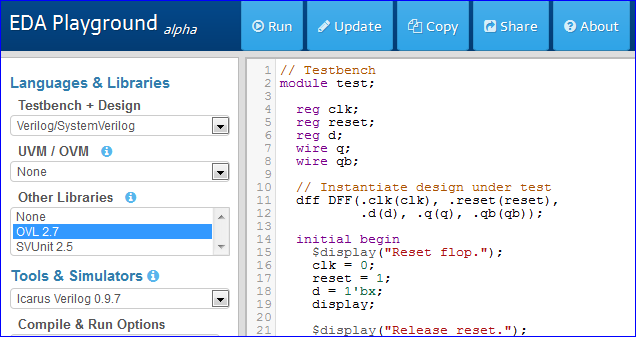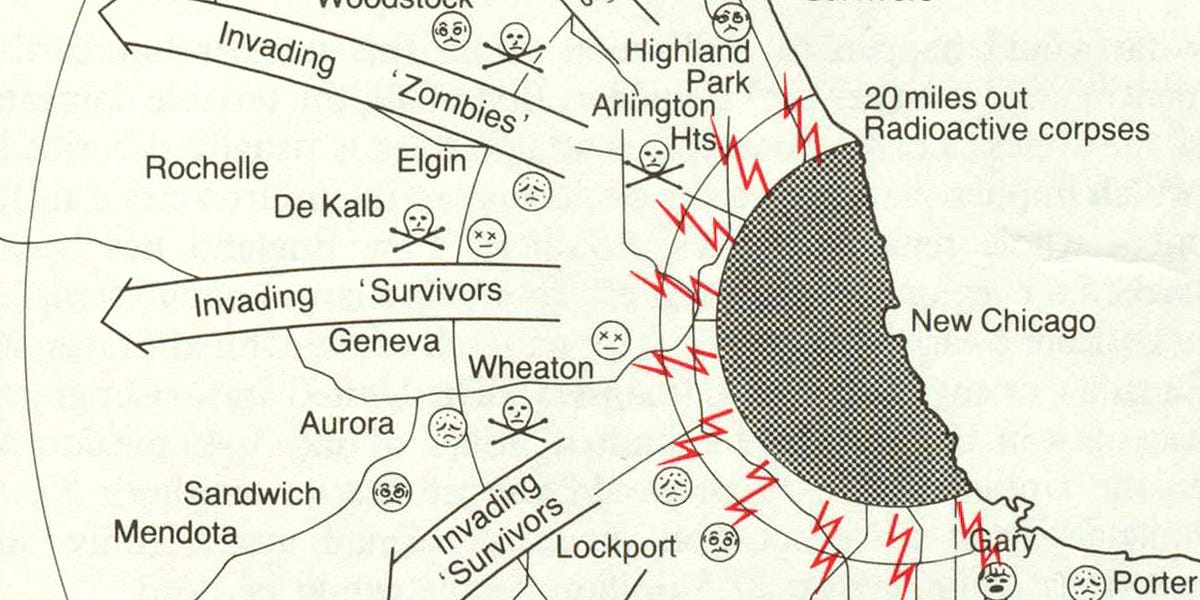How to Find or Validate an Email Address
The regular expression I receive the most feedback, not to mention “bug” reports on, is the one you’ll find right on this site’s home page: \b [ A-Z 0-9 ._%+ - ] + @ [ A-Z 0-9 . - ] + \. [ A-Z ] {2,} \b . This regular expression, I claim, matches any email address. Most of the feedback I get refutes that claim by showing one email address that this regex doesn’t match. Usually, the “bug” report also includes a suggestion to make the regex “perfect”.
As I explain below, my claim only holds true when one accepts my definition of what a valid email address really is, and what it’s not. If you want to use a different definition, you’ll have to adapt the regex. Matching a valid email address is a perfect example showing that (1) before writing a regex, you have to know exactly what you’re trying to match, and what not; and (2) there’s often a trade-off between what’s exact, and what’s practical.
The virtue of my regular expression above is that it matches 99% of the email addresses in use today. All the email addresses it matches can be handled by 99% of all email software out there. If you’re looking for a quick solution, you only need to read the next paragraph. If you want to know all the trade-offs and get plenty of alternatives to choose from, read on.
Leave a Comment
Related Posts




















/cdn.vox-cdn.com/uploads/chorus_asset/file/25373273/STK451_Internet_Service_Providers_C.jpg)


